Sport
Courage today often does not shout. It whispers in private meetings. It appears in the willingness to listen and speak in rooms where suspicion is high.
By Fauziya Ali
I recently sat in a packed auditorium filled mostly with dark suits and military uniforms.
The front rows gleamed with white chairs reserved for dignitaries. Behind them sat diplomats, strategists, and security experts.
Youth volunteers moved briskly between them, managing cameras, ushering guests, and ensuring the programme ran seamlessly.
The atmosphere was serious but calm. The conversations were focused on multipolar competition, hybrid threats, and the resilience of global systems.
Yet amid all the formal dialogue, my thoughts kept circling something softer - Courage.
Not the type of courage found on battlefields or podiums. A quieter, more persistent courage. The courage to speak honestly when words can be taken out of context.
The courage to remain present in conversations where trust is rare. The courage to connect, create, and show up even when every action feels observed.
This quiet courage may be one of the most underappreciated tools we have to navigate an increasingly fragmented world.
The multipolar reality and courage under pressure
The world is shifting. According to the Munich Security Report 2025, power is no longer concentrated in a single global actor.
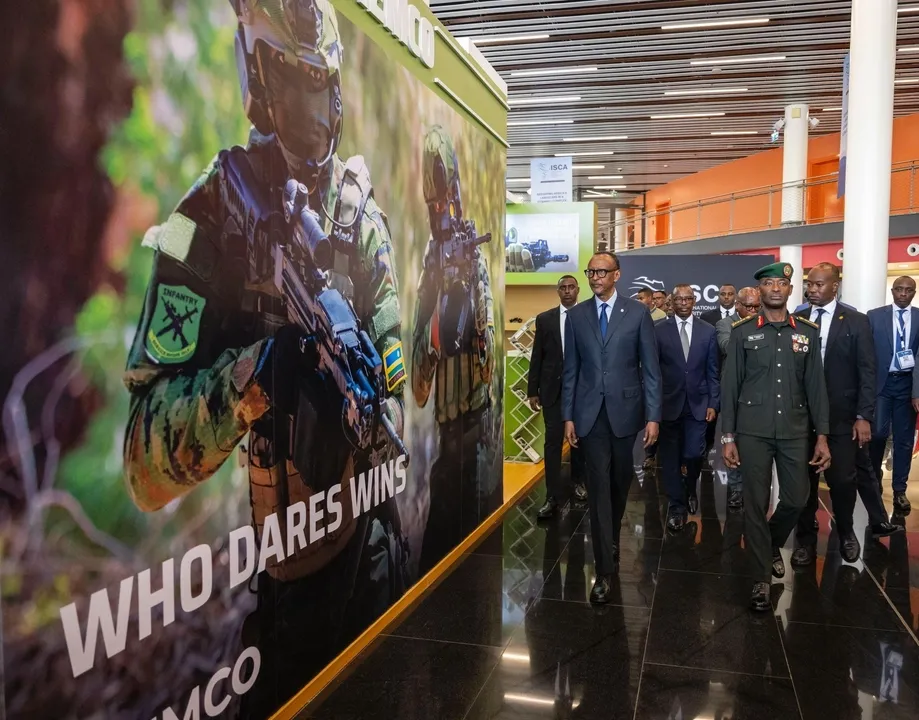
Instead, many regional and global players now shape the international system. Multipolarism means more actors and more uncertainty. Old alliances are less stable. Trust is fragile.
Strategies that once seemed solid are now reactive and conditional.
This shift is not only geopolitical. It affects how people relate. In a world of surveillance, online manipulation, and public shaming, the fear of being misunderstood is widespread.
Courage today often does not shout. It whispers in private meetings. It appears in the willingness to listen and speak in rooms where suspicion is high.
Africa offers a compelling example of how quiet courage is already shaping security conversations. At gatherings like the International Security Conference on Africa (ISCA) and the Tana High-Level Forum on Security, regional leaders, experts, and civil society meet to address real challenges. They speak openly about violent extremism, governance failures, and development setbacks. There is no pretense.
At ISCA’s inaugural session in Kigali, Rwandan President Paul Kagame spoke with clarity about the need for African nations to take full responsibility for their peace and security.
He noted that real security cannot be outsourced. His message was clear: transformation begins with the courage to believe in one's agency and to lead, even when the path is unclear.
What makes these forums different is the emphasis on transparency and shared responsibility. Leaders sit in the same rooms as critics.
People share hard truths about institutions that have failed them. Experts offer solutions that require rethinking old models of power. This openness is not always comfortable. But it is courageous.
The 2023 Tana Forum emphasised that resilience is not just about military power or foreign partnerships. It is about social trust and honest dialogue.
These are slow processes. They require people willing to lean into discomfort and speak even when their words may not be popular.
Türkiye’s role in today’s diplomatic environment illustrates this approach as well. As a regional power, Türkiye has played a central role in facilitating dialogue across divides. Its involvement in brokering the Black Sea Grain Initiative, peace talks between Russia and Ukraine and maintaining open lines with both NATO allies and non-Western powers reflects a commitment to courageous diplomacy.
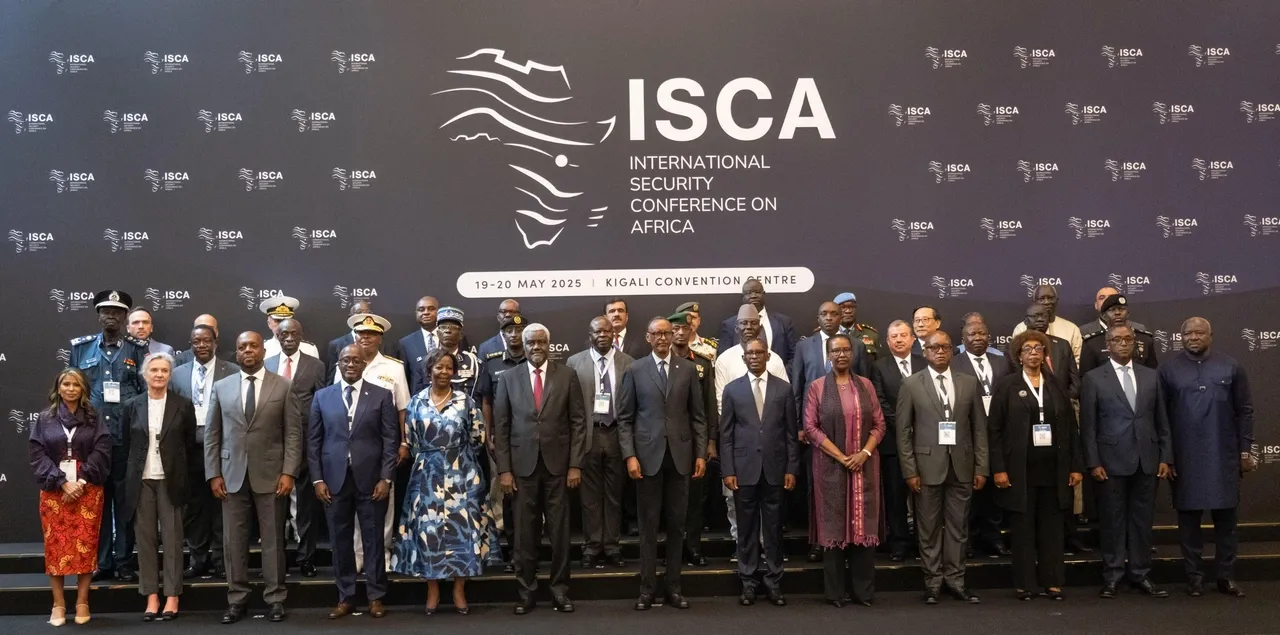
Türkiye’s continued engagement in Syria, balancing security concerns with participation in political processes such as the Astana talks, further demonstrates its willingness to remain involved in complex, often contentious arenas with courage.
Its sustained presence in negotiations highlights a broader strategic posture: one that favours engagement over retreat, even when consensus is elusive.
In this way, Türkiye’s approach is an example of courage serving as a strategic tool.
Fragmentation and the quiet strength of trust
The world is also experiencing a slowdown in global integration. What experts call “slowbalisation” refers to the decline in the seamless global cooperation that defined previous decades.
Supply chains are regionalising. National interests are reshaping once global policies. At the same time, individuals are retreating from difficult conversations. Social media encourages echo chambers. Many are afraid to engage openly, worried about backlash or misinterpretation.
The World Economic Forum’s Global Risks Report 2025 highlights the danger of this fragmentation. It lists polarisation, misinformation, and societal unrest as key threats to global security.
These are not only structural challenges. They are deeply human. The refusal to speak, listen, or collaborate creates space for fear and manipulation.
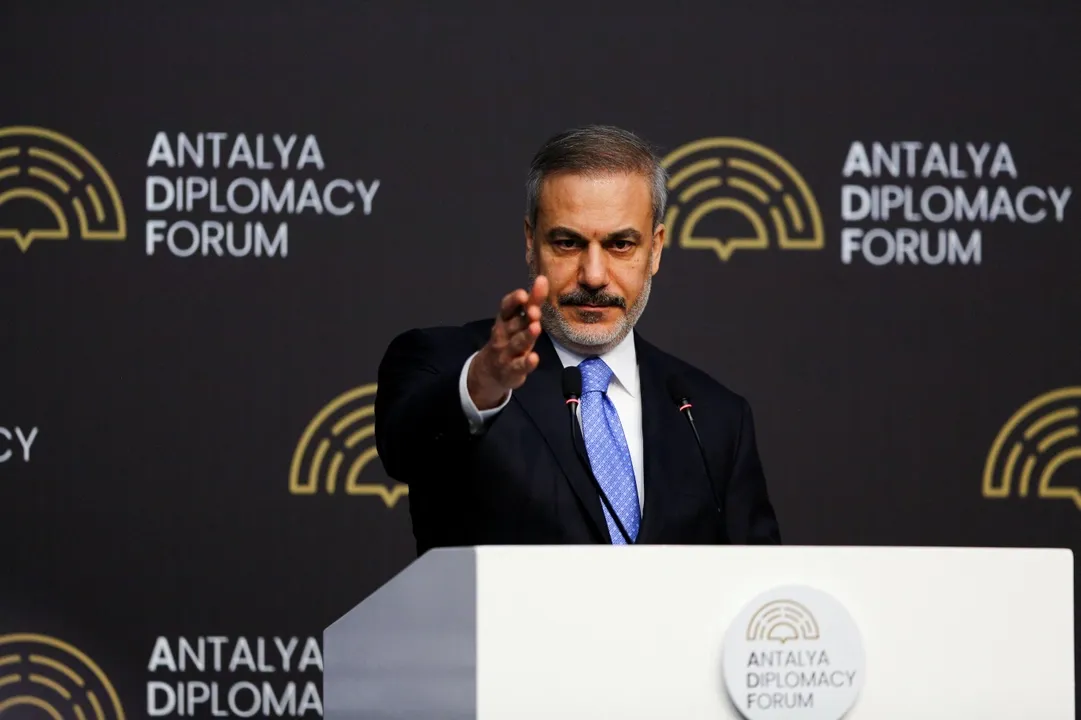
Courage, in this context, becomes essential. It is the citizen who engages in civil dialogue. The platform designer who builds systems around transparency. The diplomat who chooses calm reasoning over inflammatory rhetoric. These acts may seem small. But when multiplied, they create the foundation of security and trust.
The idea behind the Kindleberger Trap in international relations is that when leading powers fail to provide global public goods like stability, the result is disorder.
On a personal level, the same holds true. When individuals do not provide honesty, courage, and presence, suspicion grows. Security falters.
A strategic resource for a complex age
Security today cannot be built on force alone. It depends on the strength of institutions and the relationships that sustain them.
Strategic resilience includes physical infrastructure, digital systems, and economic preparedness. But it also includes people. People who are willing to show up honestly. People who can navigate mistrust with integrity.
Courage is not just a virtue. It is a resource. It enables dialogue when politics are tense. It fuels collaboration when agendas diverge.
It builds social cohesion in divided societies. It is what allows diplomats to return to the table, citizens to stand up for democratic values, and institutions to self-correct when things go wrong.
There is growing recognition of the need for this kind of capacity. The People Agenda increasingly calls on global leaders to invest not just in weapons and data, but in civic strength.
In the ability to face uncertainty without falling apart. In the kind of courage that lets societies adapt rather than fracture.
This courage must be present in every layer of society. Not just in conference rooms or government buildings. It must be lived in community dialogues, media narratives, academic institutions, and online spaces.
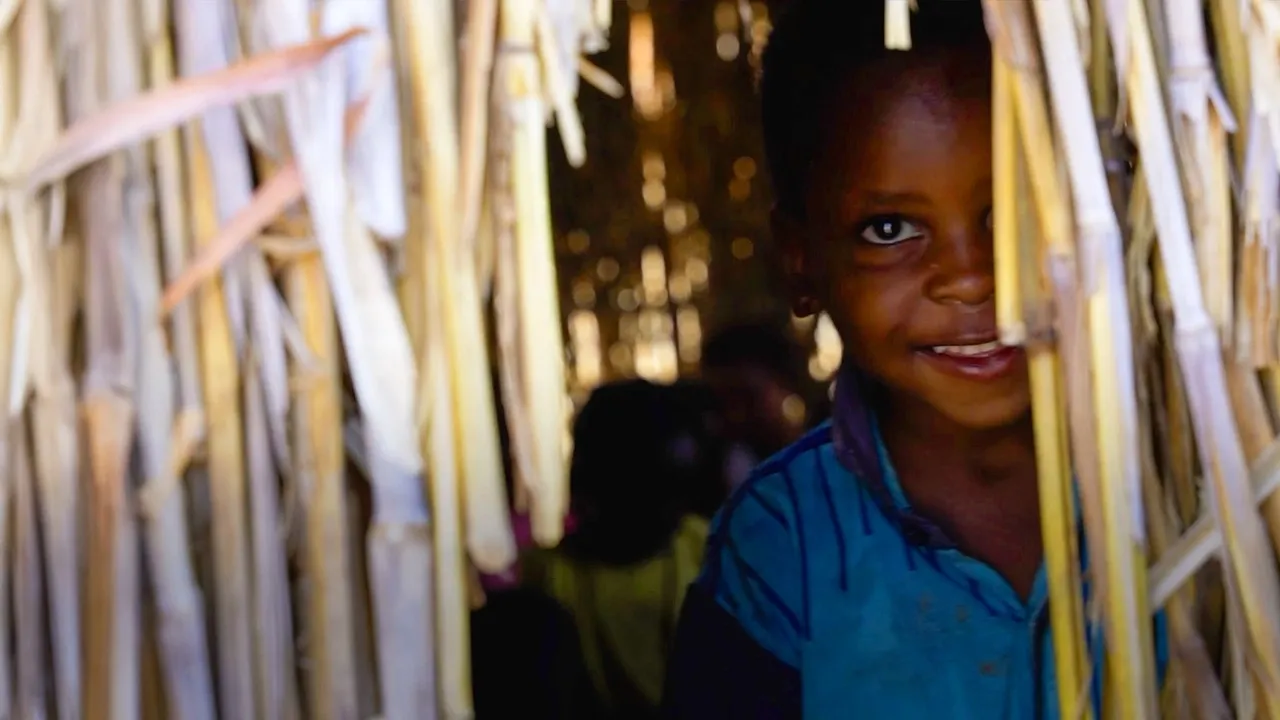
If you find yourself hesitating to speak or act, fearing misinterpretation or judgment, know this: your courage matters.
Your decision to speak honestly, listen with care, and remain engaged in a noisy world is not small. It is foundational. It is the quiet strength that holds fractured systems together.
In today’s uncertain world, showing up with clarity and conviction, even in informal or invisible ways, may be the most powerful act of leadership.
This kind of courage does not seek headlines. But it could very well be the missing link in global security.
The author, Fauziya Ali, is the President of Women in International Security Horn of Africa (WIIS-HoA). She is an expert on Human Security, Gender and AI.
Disclaimer: The views expressed by the author do not necessarily reflect the opinions, viewpoints and editorial policies of TRT Afrika.
Comments
No comments Yet








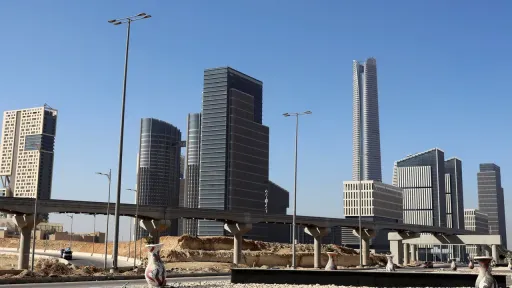
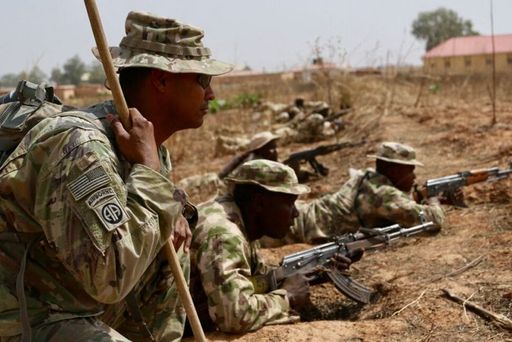
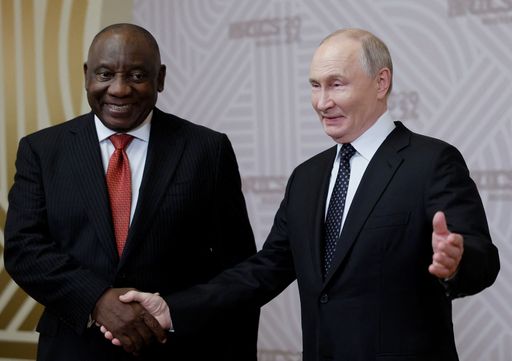
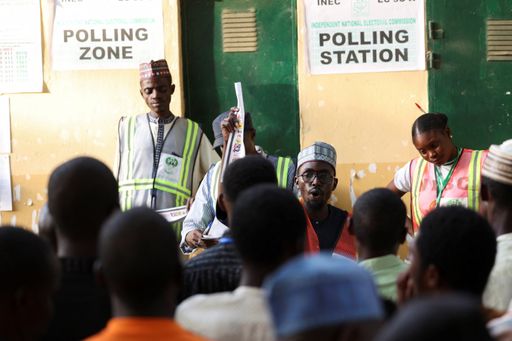








Comment